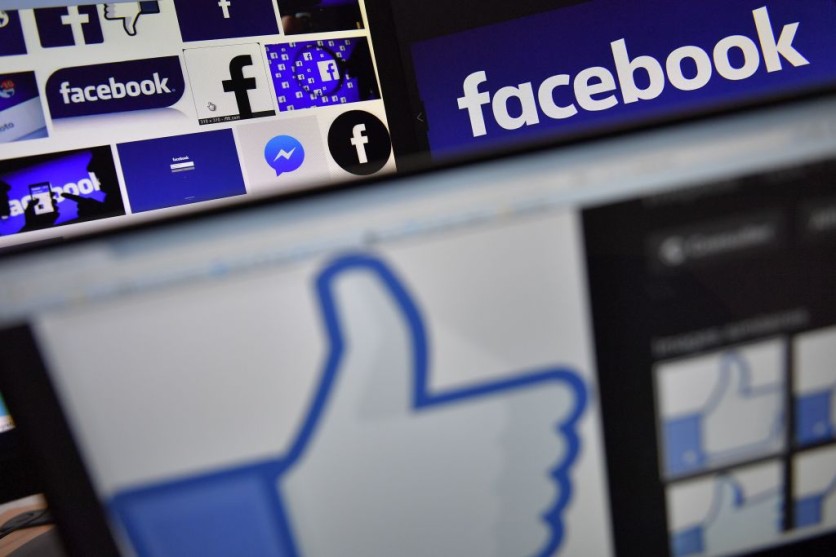As Meta, formerly known as Facebook, receives backlash over its practices, an executive said that "individual humans" are blamed for spreading misinformation.

Earlier this year, US media outlet Axios interviewed Andrew Bosworth, Meta's Vice President of Augmented and Virtual Reality and its future Chief Technology Officer, about fake news and the platform's role in spreading it.
"If we took every single dollar and human that we had, it wouldn't eliminate people seeing speech that they didn't like on the platform. It wouldn't eliminate every opportunity that somebody had to use the platform maliciously," he said.
The future Chief Technology Officer of Facebook was asked what Facebook could do more to reduce those negative effects of misinformation. However, the future CTO's response to all platforms' technology is resoundingly contradictory.
Bosworth told Axios that individual humans are the ones who choose to believe or not believe a thing, and they are also responsible for choosing what to share or not to share.
Furthermore, Bosworth, who currently oversees augmented and virtual reality at Meta, is aware that some words can have negative ramifications, but ultimately, it is people and society who must accept the responsibility for what is said.
He said that he's uncomfortable in saying that despite his disagreement with what they said, he does not feel comfortable saying they don't have a voice because they do, and they used to spread misinformation.
Moreover, Bosworth shared that he and the rest of his Meta team are elated with the tools they have built to improve Facebook.
The truth is that Facebook users spread false news and media companies who create it. However, denying that Facebook or its algorithm is liable for spreading false info is at best untrue and at worst dangerous.
Facebook on Fake News
In recent months, Facebook has received major criticism for false or harmful content shared on its platform, especially in connection with the COVID-19 pandemic and the 2020 election.
In September, Tech Times reported a study concluding that posts on Facebook containing misinformation sources gain six times more engagement than those from reputable news sources. The same month, another report found troll farms spreading misinformation reached 140 million Americans a month before the 2020 election.
Ina Fried, the host of Axios on HBO, asked Bosworth whether Facebook has contributed to vaccine hesitancy. Bosworth cited Facebook's efforts to spread accurate information about vaccines.
Meta executive said that people can follow less trustworthy information they see shared by others on Facebook if they choose to do so.
"They are allowed to do that. You have an issue with those people. You don't have an issue with Facebook. You can't put that on me," he said.
Rather than being the result of social media misinformation, Bosworth characterized the spread of misinformation as a demand problem.
Related Article : Facebook Allegedly Enabled Ads Promoting Anti-Vaccine Posts And Comparing Vaccine Mandates To Holocaust
This article is owned by Tech Times
Written by Thea Felicity
ⓒ 2026 TECHTIMES.com All rights reserved. Do not reproduce without permission.




